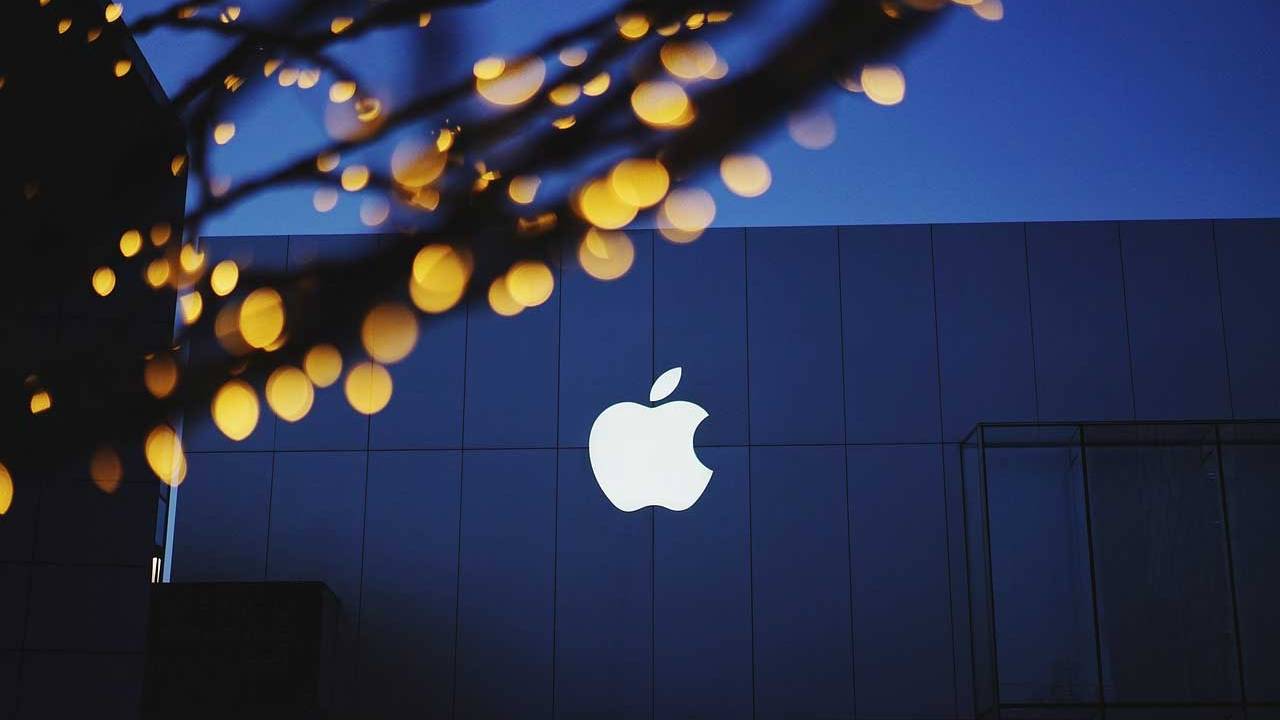On April 14th, Japan announced its intention to impose heavier fines on Apple Inc.(AAPL) amid concerns over manipulation of the App Store. This decision comes as regulatory scrutiny intensifies globally over the tech giant’s control and practices within its app ecosystem.
Meanwhile, according to data from the International Data Corporation (IDC), (Apple) experienced a 9.6% decline in iPhone shipments in the first quarter of this year, resulting in a market share of 17.3%. Samsung emerged as the market leader with a 20.8% share. Apple appears to be faltering in the smartphone industry despite an overall rebound in the market.
Over the past year, global smartphone shipments increased to 289.4 million units, representing a growth of 7.8% compared to the same period last year. Budget-focused brands like Transsion saw an 85% increase in shipments, while Xiaomi rebounded, narrowing the gap with Apple, the second-ranked company. Preliminary data from IDC indicates that Apple shipped 5 million fewer iPhones compared to the previous year.
The combination of regulatory challenges and declining iPhone shipments poses significant challenges for Apple in terms of its business outlook, financial performance, and stock price. Increased fines from Japan could have financial implications for the company, while the decline in iPhone shipments raises concerns about its competitiveness in the smartphone market.
Furthermore, intensifying competition from other smartphone manufacturers, coupled with regulatory pressures, could further impact Apple’s market position and profitability. Investors will likely closely monitor how the company navigates these challenges and whether it can adapt its business strategies to maintain its leadership in the industry.
As Apple(AAPL) grapples with regulatory hurdles and declining iPhone sales, the company may need to explore new avenues for growth and innovation to sustain its market relevance and shareholder value in the long term.